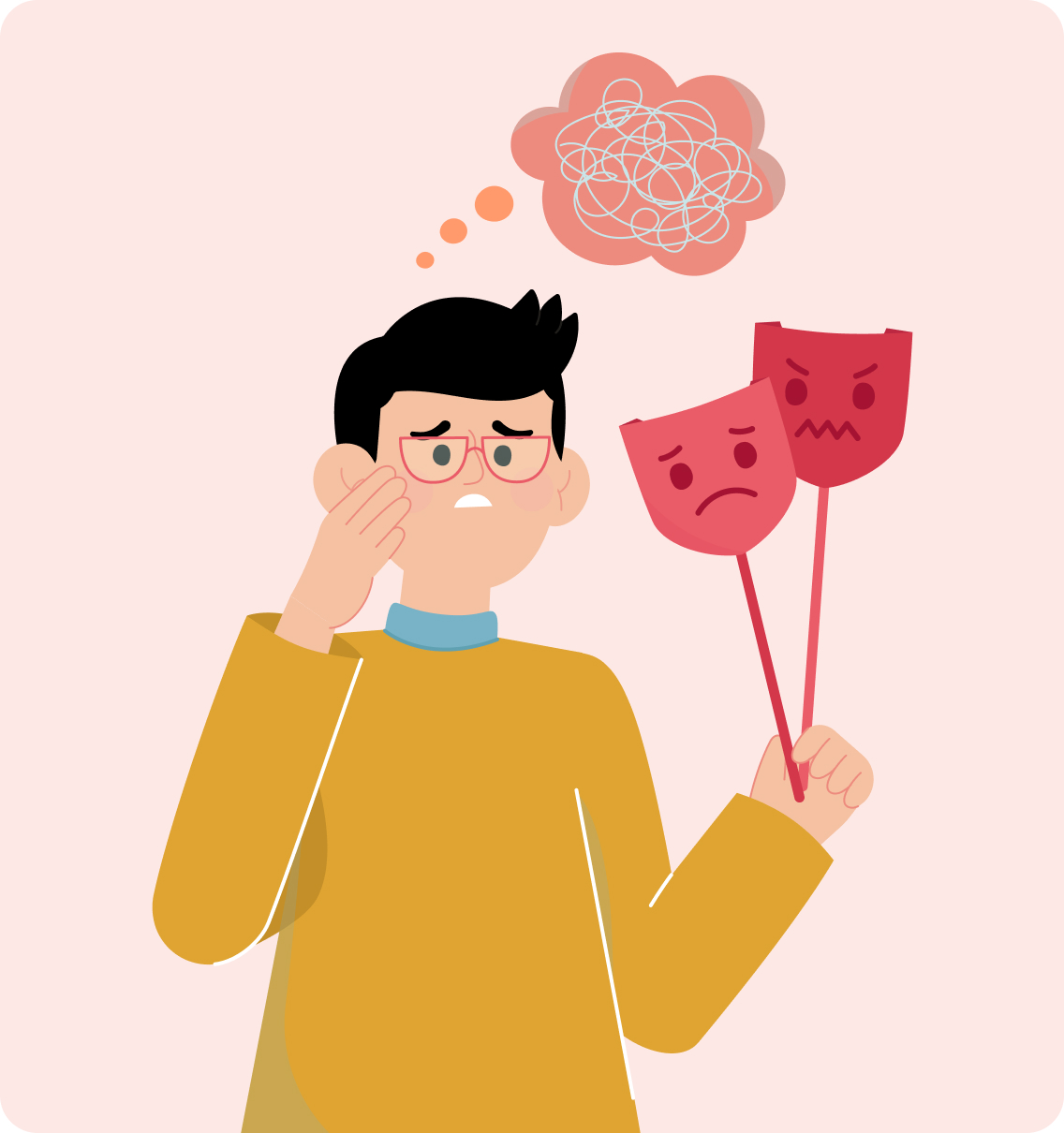Perception
Perception is not a mere passive receipt of sensory information but a dynamic process wherein the brain interprets, organizes, and assigns meaning to stimuli from the environment. This interpretation is deeply influenced by one’s past experiences, cultural context, beliefs, emotions, and expectations. Therefore, the reality each individual perceives is, in many ways, a unique construction of their mind, shaped by both the external world and their internal states and experiences.

What is Perception?
How Perception Drives You?
Thoughts
Emotions
Behavior
Negative or distorted perceptions can lead to stress, anxiety, and strained relationships. Recognizing and addressing these perceptions is a vital step toward improved mental health.
Common Cognitive Biases
They can be helpful, but they can also lead us to make inaccurate judgments.
Here are some common cognitive biases:
Confirmation Bias
The tendency to seek out and interpret information in a way that confirms our existing beliefs.
Availability Heuristic
The tendency to rely on information that is readily available to us, even if it is not representative of the whole picture.
Anchoring Bias
The tendency to rely too heavily on the first piece of information that we receive when making a decision.
Halo Effect
The tendency to form an overall positive impression of someone based on a single positive trait.
Horn Effect
The tendency to form an overall negative impression of someone based on a single negative trait.
Real-life Success Stories From My Understanding Has Made Me Realize The Transformative Power of Working on One's Perception.

The Bookstore Encounter
One Saturday afternoon, I decided to visit my favorite local bookstore. As I perused the shelves, engrossed in titles and synopsis, I noticed a woman eyeing me intently from a nearby aisle. My initial reaction was a mix of discomfort and annoyance.Why is she staring to me? Does she think I’m going to steal something? Or maybe she recognizes me, and I’ve forgotten her? My mind raced with a barrage of anxious questions, and I felt a knot of unease in my stomach.
I decided to face the situation head-on. Mustering up some courage, I approached her and asked, “Excuse me, do we know each other?”
She looked a bit taken aback and then replied, “Oh! I’m so sorry. I was just admiring your sweater and was trying to figure out where I might buy one like it. It looks so cozy”
A wave of relief washed over me. Here I was, thinking she held some negative judgment or suspicion towards me, when in reality, she had a simple, benign curiosity. We ended up having a pleasant chat about our mutual love for cozy clothing and even exchanged some book recommendations.
As I left the bookstore, the encounter served as a powerful reminder: Our perceptions, fuelled by past experiences and internal narratives, can dramatically color our interpretation of events. Instead of jumping to conclusions, I realized the importance of approaching situations with an open mind and giving people the benefit of the doubt.
Latest Blogs

Overcoming Procrastination: Harnessing Motivation for Productivity
Procrastination is something we all encounter—a universal part of being human. Whether it’s due to feeling overwhelmed, lacking motivation, or

Reality vs. Perception: The Key to Navigating Misunderstandings
“Life is a series of moments, coloured by our perspectives” You might have heard that “perception is reality”, and there

The Science of Stress Management: Strategies for a Peaceful Mind
In today’s fast-paced world, stress has become an almost inevitable part of our lives. Whether it’s work, family, finances, or
